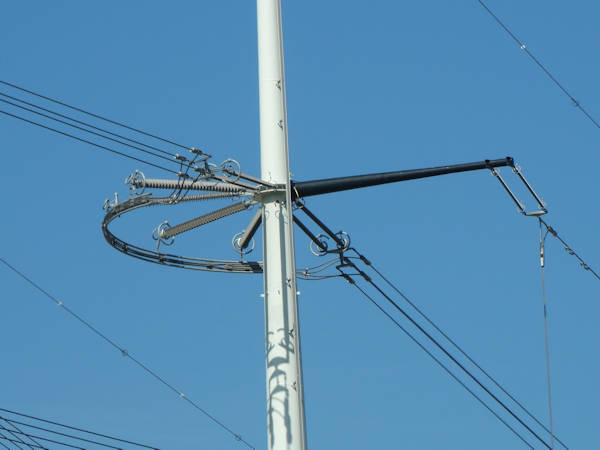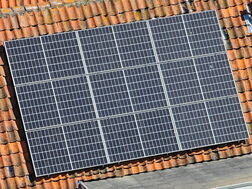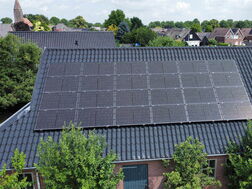Liander, one of the largest grid operators in the Netherlands, has announced that new challenges have arisen on the electricity grid in the provinces of Gelderland, North Holland and South Holland. According to the grid operator, the maximum capacity of the grid has been reached, affecting, in particular, customers with a large-consumption connection, such as companies.
The increasing use of electricity and the rapid growth of solar and wind energy has led to an increased load on the electricity grid. This has prompted Liander to investigate the possibility of applying congestion management in these areas. Congestion management is how the grid operator distributes the limited space on the electricity grid. When congestion occurs, companies can choose to consume less or even return electricity for a fee, freeing up space for other users.
The grid operator has addressed and successfully resolved bottlenecks before, but the increasing demand for electricity and the limited capacity of the grid continues to pose challenges. Expanding the ability of the electricity grid requires significant investment and a complex permitting process. Moreover, there is a shortage of technical staff to carry out this work, which can delay the implementation of plans.
Liander stresses the importance of timely communication and customer cooperation with a significant consumption connection (from 3x80 amps). It is recommended to contact Liander for new connections or power increases. The grid management company cannot guarantee the long-term availability of capacity, as new bottlenecks may arise when existing bottlenecks are resolved.
Investments in the electricity grid are essential to meet the growing demand for electricity and the energy transition to renewable sources. Liander has already invested around one billion euros in grid expansion by 2022, but further investments and improvements are needed. In addition, Liander continues to apply innovative technologies to make the best possible use of the electricity grid. Implementing new technologies and intelligent solutions allows the available capacity to be used more efficiently.
The problem of congestion on the electricity network is not unique to Liander. Grid operators throughout the Netherlands are experiencing similar challenges due to the energy transition and the growing electricity demand. Addressing these challenges requires a coordinated effort from grid operators and stakeholders, including companies and the government.
Suitable investments must be made to strengthen and expand the electricity grid to meet growing demand and the increasing need for renewable energy. In addition, procedures must be simplified to speed up licensing, and measures must be taken to attract and train technical staff.
Liander remains committed to improving the capacity of the electricity grid and addressing congestion issues. By working with stakeholders and investing in the necessary infrastructure and technologies, challenges on the electricity grid can be overcome, and a reliable and sustainable energy supply can be guaranteed.





